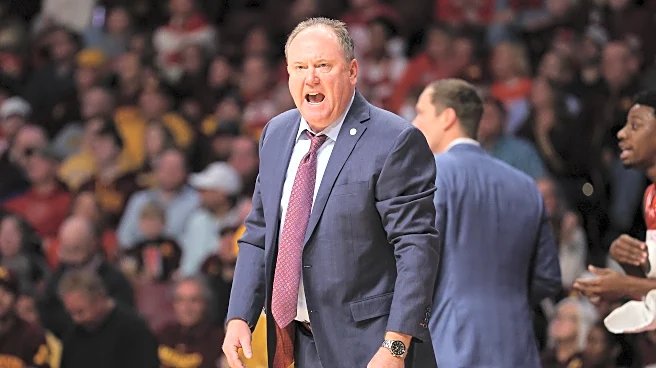What's Happening?
The West Virginia Office of the Insurance Commissioner is currently reviewing a proposal from American Modern Property and Casualty Insurance Co. to increase auto liability rates by an average of 47.38%.
This proposed rate hike would impact approximately 504 policyholders. The office is accepting written comments on the proposal until November 25, 2025. These comments should be sent to the Property Casualty Division at the commissioner's office in Charleston, West Virginia. The proposal is part of a trend of significant rate increase requests in the state, following similar actions by Progressive Insurance and Nationwide Insurance earlier in the year. American Modern, a subsidiary of Munich Re, is based in Amelia, Ohio.
Why It's Important?
The proposed rate increase by American Modern highlights the ongoing challenges in the auto insurance market, particularly in West Virginia. If approved, the rate hike could significantly impact policyholders, increasing their financial burden. This move reflects broader trends in the insurance industry, where companies are adjusting rates in response to various factors, including claims costs and market conditions. The decision by the West Virginia Insurance Commissioner will be closely watched by stakeholders, as it could set a precedent for future rate adjustments in the state. Policyholders, consumer advocates, and industry observers are likely to scrutinize the decision-making process and its implications for insurance affordability and accessibility.
What's Next?
The West Virginia Office of the Insurance Commissioner will continue to gather public input until the November 25 deadline. Following this period, the office will review the comments and make a decision on whether to approve, modify, or reject the proposed rate increase. The outcome will be significant for both American Modern and its policyholders, as well as for the broader insurance market in West Virginia. Depending on the decision, there could be further discussions or appeals from stakeholders, including consumer advocacy groups and the insurance company itself.











